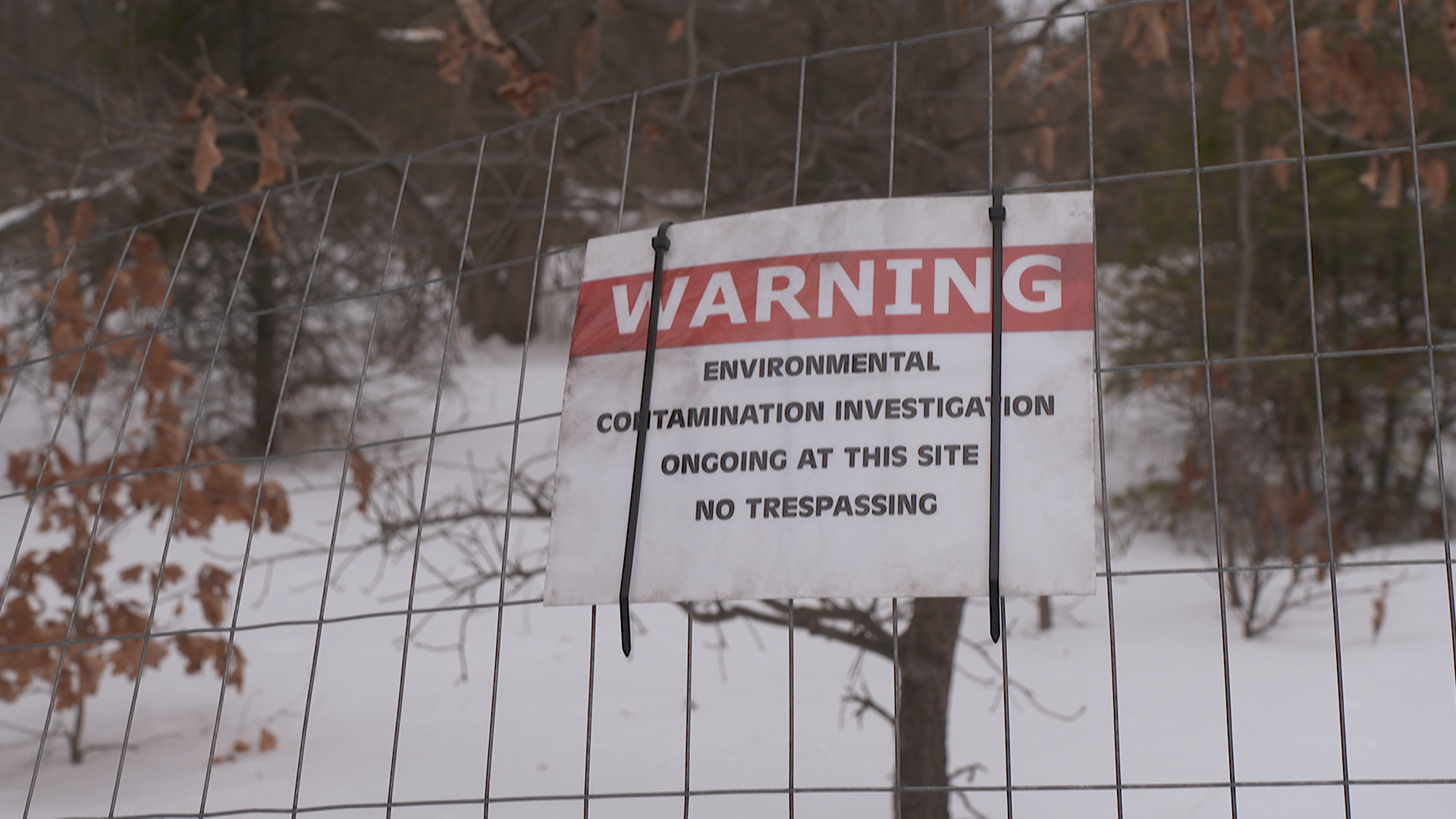
PFAS, short for per- and polyfluoroalkyl substances, are a group of widespread man-made chemicals that don’t break down in the environment or the human body and have been flagged as a major contaminant in sources of water across the country.
Keep up with PFAS-related developments in the Great Lakes area.
Click on the headline to read the full story:
Michigan:
New bills introduced to the Michigan legislature this week are calling to ban toxic PFAS, BPA and phthalates from food packaging in the state of Michigan.
Introduced by Sen. Jeff Irwin (D-Ann Arbor) and Rep. Yousef Rabhi (D-Ann Arbor), Senate Bill 591 and House Bill 5250 call to ban the chemicals from the manufacturing and sale of food packaging.
- Homes on tainted wells near airport will get city water – The Associated Press
Hundreds of homes that use well water near the Grand Rapids-area airport could be connected to a public water source by 2023 after the state set aside $5 million for the project, officials said.
The homes in Cascade Township have wells in an area of polluted groundwater. A firefighting foam used by Gerald R. Ford International Airport had PFAS.
- Wells drilled for ‘forever chemical’ near wastewater plant – Ludington Daily News
Drilling began this week in search of contaminants, including “forever chemicals” known as PFAS, at four locations to the north and west of the Wastewater Treatment Plant.
The wells are expected to be installed by July 16 and tested after settling for one month, said David Filipiak, environmental engineer and chemist for Fishbeck, the city’s consulting firm.
Groundwater contamination was discovered around the plant while state-mandated improvements were being made in 2019, requiring the city to find out how far it had spread and what it consisted of.
Pennsylvania:
- Pennsylvania earmarks $1.6 million for PFAS cancer study – Bucks County Courier Times
Temple University’s study into possible links between PFAS contamination and cancer is getting $1.6 million from Pennsylvania taxpayers.
The state passed a $40 billion spending budget that included funds requested in January by Reps. Todd Stephens, R-151, of Horsham; Meghan Schroeder, R-29, of Buckingham; and Todd Polinchock, R-144, of Warrington.
Ontario:
The City of North Bay and the Department of National Defence have struck an agreement on a $20 million cleanup of water and soil near the Jack Garland Airport.
Under the deal, which requires city council approval, DND will pay $19.4 million of the cost to remediate water contaminated by perfluoralkylated substances.
Wisconsin:
Small levels of PFAS have been found in Eau Claire’s water, but city management says it is safe to drink. That is because the four wells the water was coming from have been shut down.
Test results between June 2020 and April 2021 detected “small amounts” of PFAS in the city’s water. The numbers were lower than recommended standards.
National:
- E.P.A. Approved Toxic Chemicals for Fracking a Decade Ago, New Files Show – The New York Times
For much of the past decade, oil companies engaged in drilling and fracking have been allowed to pump into the ground chemicals that, over time, can break down into toxic substances known as PFAS — a class of long-lasting compounds known to pose a threat to people and wildlife — according to internal documents from the Environmental Protection Agency.
The E.P.A. in 2011 approved the use of these chemicals, used to ease the flow of oil from the ground, despite the agency’s own grave concerns about their toxicity, according to the documents, which were reviewed by The New York Times. The E.P.A.’s approval of the three chemicals wasn’t previously publicly known.
The Environmental Protection Agency announced this week that it’s considering drinking water limits for the entire class of PFAS compounds, which public health advocates say are categorically toxic.
The chemicals are used to make products resistant to water, stain and heat, and are known as “forever chemicals” because they don’t fully break down or degrade. They’re linked to a range of serious health problems such as cancer, liver disease, kidney problems, heart disease, decreased immunity, and more.
- U.S. House to vote next week on expanding PFAS regulation, backers say – Virginia Mercury
Members of Congress and Biden administration officials at a conference on Wednesday outlined how they’re attempting to regulate toxic chemicals found in drinking water—including an upcoming vote in the U.S. House.
EPA Administrator Michael Regan, a former top environmental official in North Carolina, said the agency is currently in the process of regulating two of the most studied types of PFAS in drinking water.
Two Michigan Democrats, U.S. Reps. Debbie Dingell and Dan Kildee, added that House Democratic leaders will bring the PFAS Action Act of 2021, which aims to reduce Americans’ exposure to the toxic chemicals in air, water and consumer products, to a floor vote next week.
Catch up on more PFAS news on Great Lakes Now:
Raining PFAS: Amount of PFAS found is outpacing legacy contaminants
Featured image: Sign warning for environmental contamination (Great Lakes Now Episode 1012)




